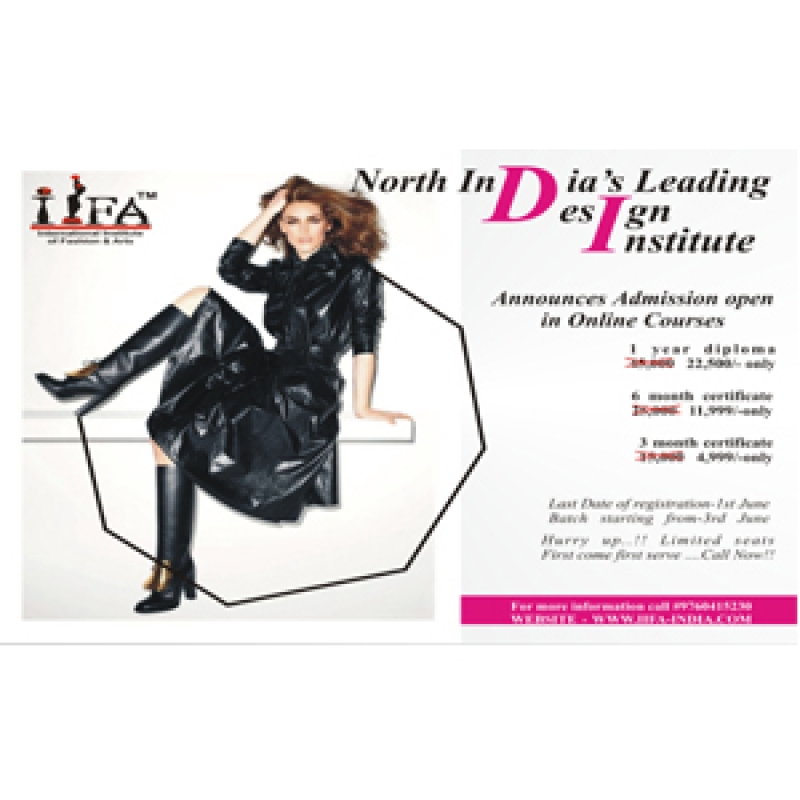What Is Fashion Psychology?
Fashion psychology is the study of how clothing choices reflect and influence our emotions, identities, and social interactions. It combines elements of psychology, sociology, marketing, and design to understand how and why people choose certain garments and how these choices impact their mental state and public image.
This field helps explain why a sharp blazer might boost your confidence before a job interview or why wearing bright colors can lift your mood on a gloomy day.
Clothes as Communication
Our outfits often serve as silent communicators. Without saying a word, our clothes can reveal aspects of our personality, profession, social status, culture, or mood. For example, someone wearing a tailored suit sends a different message than someone in athleisure. According to fashion psychologist Dr. Dawnn Karen, what we wear can be a form of “mood enhancement dressing” or “mood illustration dressing”—either to change how we feel or to express how we already feel.
The Enclothed Cognition Effect
A key concept in fashion psychology is enclothed cognition, the idea that clothing can influence the wearer's psychological processes. Studies have shown that people perform better on tasks when wearing clothes they associate with confidence or intelligence. For example, participants wearing a lab coat described as a "doctor's coat" performed better on attention tests than those wearing the same coat labeled as a "painter's smock."
This suggests that our brains not only react to what we wear but also to what those clothes represent.
The Impact of Fashion on Self-Esteem and Mental Health
For many, fashion serves as a form of self-care. Wearing an outfit that fits well and aligns with one's identity can boost self-esteem and promote a sense of control, especially during times of stress or uncertainty. Conversely, feeling uncomfortable in what we're wearing—because of poor fit, social pressure, or internal conflict—can contribute to anxiety or low self-worth.
In clinical settings, therapists may even use clothing as part of treatment to help patients explore identity or improve self-image.
Fashion and Social Identity
Fashion is also deeply tied to group identity and belonging. Trends can signal affiliation with particular communities, from subcultures like goth or punk to mainstream movements such as minimalism or sustainability. In this way, clothing acts as a social glue, helping individuals find and connect with like-minded people.
Ethical and Sustainable Fashion: A Growing Psychological Shift
As awareness grows about the environmental and ethical implications of fast fashion, more consumers are choosing clothing that aligns with their values. This shift is also psychological: people feel better wearing items they believe are produced responsibly. In this context, fashion becomes a way to express not just personal style, but moral identity.
Conclusion
Fashion psychology offers a rich lens through which to understand human behavior. Far from being superficial, our clothing choices are deeply intertwined with our emotions, beliefs, and social roles. By becoming more mindful of how fashion affects our mental and emotional states, we can harness its power to express ourselves, improve our well-being, and connect more meaningfully with others.



















Your Message